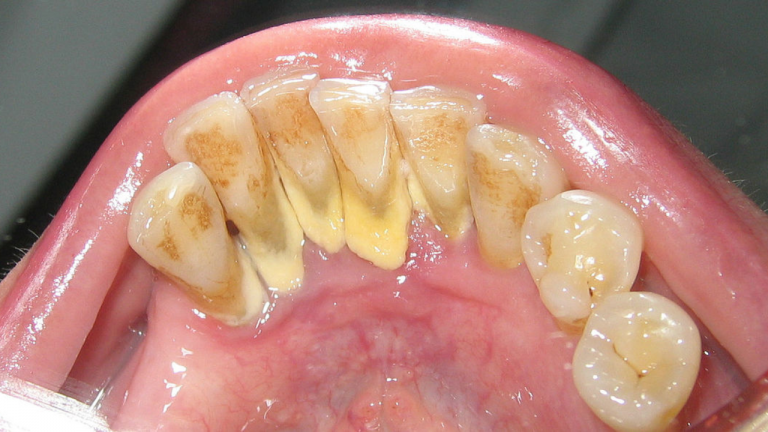The Brain of an Insomniac

The brain of an insomniac may have certain characteristics that differ from the brain of someone who sleeps well. Insomnia is a sleep disorder characterized by difficulty falling or staying asleep, and it can have a number of underlying causes.
Some possible changes in the brain of an insomniac may include:
Hyperarousal: Insomnia is often associated with a state of heightened arousal in the brain, making it more difficult for the insomniac to relax and fall asleep. This can be caused by increased activity in areas of the brain involved in stress and anxiety, such as the amygdala and the hypothalamus.
Disrupted circadian rhythms: The body’s natural sleep-wake cycle is regulated by a biological clock that is located in the brain. Disruptions to this clock can occur due to factors such as shift work, jet lag, or exposure to blue light from electronic devices before bedtime. Insomnia can also be a symptom of circadian rhythm disorders such as delayed sleep phase disorder or non-24-hour sleep-wake disorder.
Reduced activity in sleep-promoting regions: The brain has regions that are involved in promoting sleep, such as the thalamus and the prefrontal cortex. In some cases of insomnia, there may be reduced activity in these regions, making it more difficult to initiate or maintain sleep.
Increased sensitivity to stimuli: Insomniacs may be more sensitive to external stimuli such as noise or light, which can disrupt their sleep. This may be due to changes in the brain’s sensory processing areas.
Psychological factors: Insomnia can be caused or worsened by psychological factors such as anxiety, depression, or chronic stress. These factors can affect the way the brain processes information, leading to changes in sleep patterns.
Overall, the brain of an insomniac may exhibit a complex interplay of various factors that contribute to sleep difficulties. Treatment for insomnia may involve addressing these underlying factors through a combination of lifestyle changes, cognitive-behavioral therapy, and medication, as appropriate.



